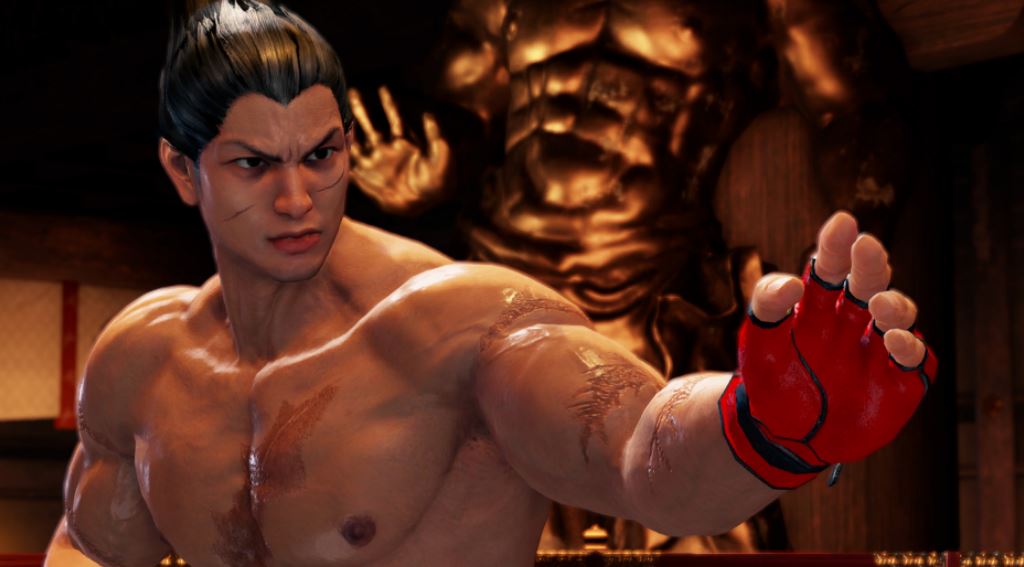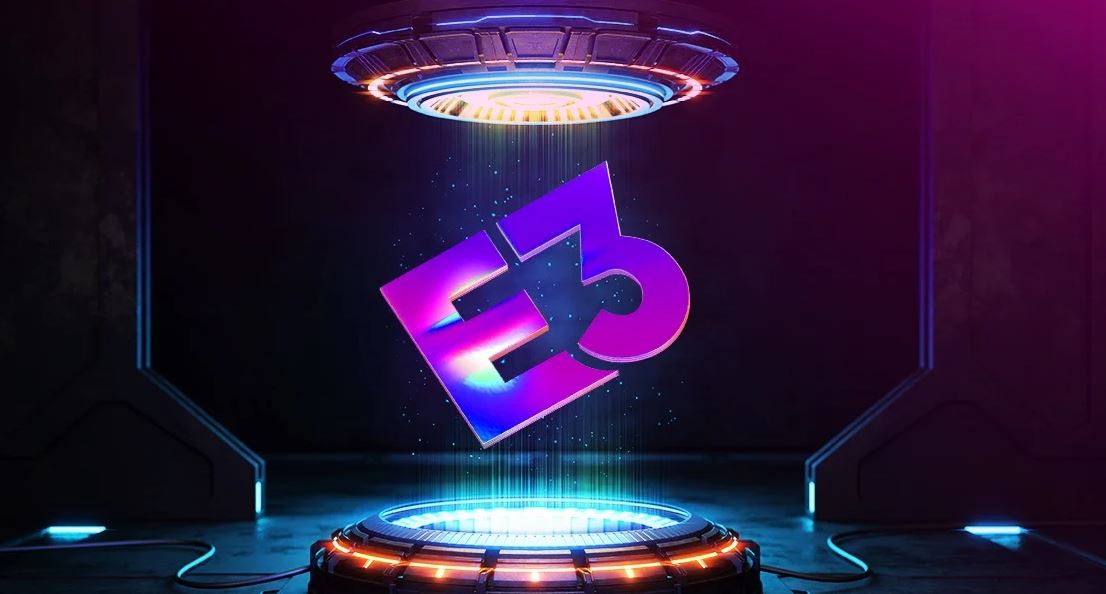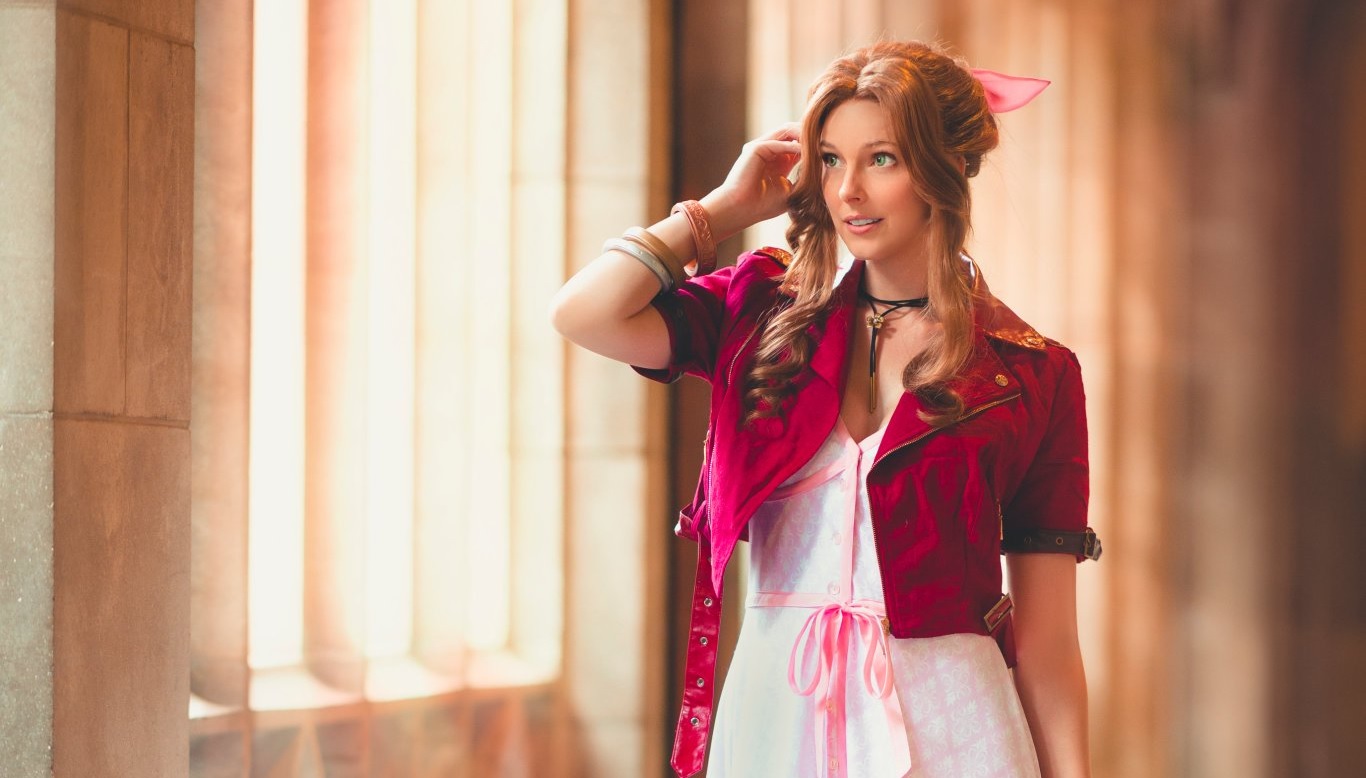Astro Bot Director Nicolas Doucet Shares Team Asobi’s Reactions to Reviews and Some DualSense Tricks He’s Had Since Playroom
In case you missed it, Astro Bot is a staggering success for Team Asobi and PlayStation, as the game currently ranks as one of the highest rated games on both Metacritic and Opencritic, and is an obvious shoo-in for Game of the Year nominations.
During Tokyo Game Show 2024, I was presented with a golden 1 on 1 opportunity with Astro Bot Director Nicolas Doucet as we talked about the games we grew up with (turns out he loves Final Fantasy VI as well), how Astro Bot successfully captures the joy of an engaging moment to moment gameplay, the team’s reaction to seeing all of the reviews, and how integral the DualSense controller was in realizing the vision of Astro Bot.
Parts of this Astro Bot interview have been edited for clarity.
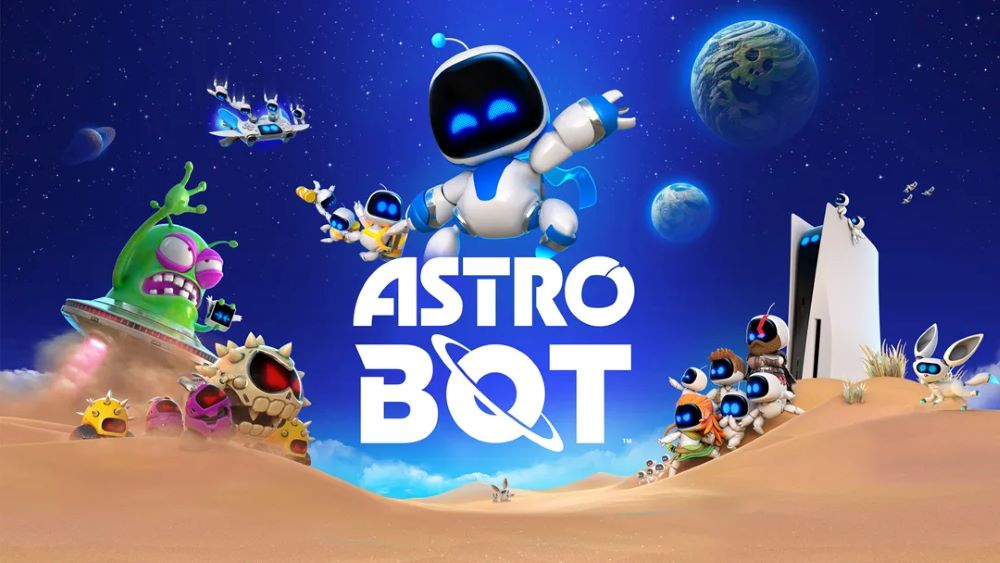
Astro Bot and it’s Engaging and Entertaining Moment to Moment Gameplay
Astro Bot levels are so wildly creative that every stage and galaxy feels so meticulously crafted to the point where there’s almost no time in between that you can’t see or do something. There’s always a coin to collect, an enemy to avoid, a platform hazard to overcome, or even a bot to rescue. Doucet explains that the process of this is something that is refined over the course of development, but with love and passion as integral ingredients to really making it work.
“I think you said it exactly right, the moment to moment gameplay. The way we put these games together, we design the little components individually and then later we combine them. Imagine it’s a little bit like cooking, you have all of these ingredients. Not everything is going to go in the same recipe, and each recipe is a different level. You’re going to have certain ingredients that combine well together and you’re going to make on level that utilizes them.”
“Very early on in the project, one of the key defining sentences we have is that we want the tempo of the game to feel like a melody. As you play the game and as you run around, the way you jump jump jump, punch punch, coin coin, jump… You know, it needs to feel almost like a melody. It’s not something you can really point at, but when it’s missing, you feel it.”
But Doucet also mentions that this is something that the team doesn’t always get right. Some Astro Bot levels will have moments where the players will feel bored, or these moments either feel too long or short, introducing friction to the player. As such, this is being refined over the course of development, even until the end of the project.
“That gets refined and refined and refined. It’s really important to have that time at the end of the project where we can look at the entirety of the game, identify a few areas where it works really well, and make those benchmarks. So then the whole team looks at them and go, okay, this little segment is perfect, and then that we share an understanding as to why.“

Doucet even shares that at the end of the Astro Bot project, there is a dedicated team of designers that looks at the entirety and makes sure that these points hit the aforementioned “flow” just right.
“There are several elements like you mentioned – the tempo could be based on enemy position, coin positions, and number of jumps. One person would then become responsible to once again, one last time, look at the entirety of the game and make sure that it’s correct everywhere.”
“One person would be in charge of the bot rescues, and this has been placed by many devs, but they need to be a unified thing. These rescue situations – are they always entertaining? or do some of them just function like a tickbox? Because a tickbox isn’t good enough. Even if it’s just a little guy hanging from a tree, and when you punch the tree, he falls down and three apples fall down, and a little rabbit that was up on the tree falls down as well, that becomes a story, right? A little gag.”
“And it’s that the final kind of like, with a very fine comb or net, the final check that nothing is breaking that promise. So it was throughout the whole Astro Bot project, but I think the final polish was also very important and we were able to put together, like maybe three months at the end of a project where we just did that, and that helped a lot.”
Interestingly, Doucet also reveals that some Astro Bot levels, even near the end of development, they had to start from scratch because the there was a missing feeling from it that didn’t feel quite right Thankfully, with the way Astro Bot is developed, the team have a lot of created “recipes,” if you will, and can take elements from that.
“You know, near the end there were some levels that we literally almost started from scratch. At the end of a project, in the final couple of months, because we felt like, okay, we spend all that time just making sure they work, but the soul is missing. The good thing is when you arrive at the end of a project, and there’s many good examples behind you, it’s much easier to take some things that you created one year ago that wasn’t great, to undo it and redo it. It’s a little bit like building with Lego.”
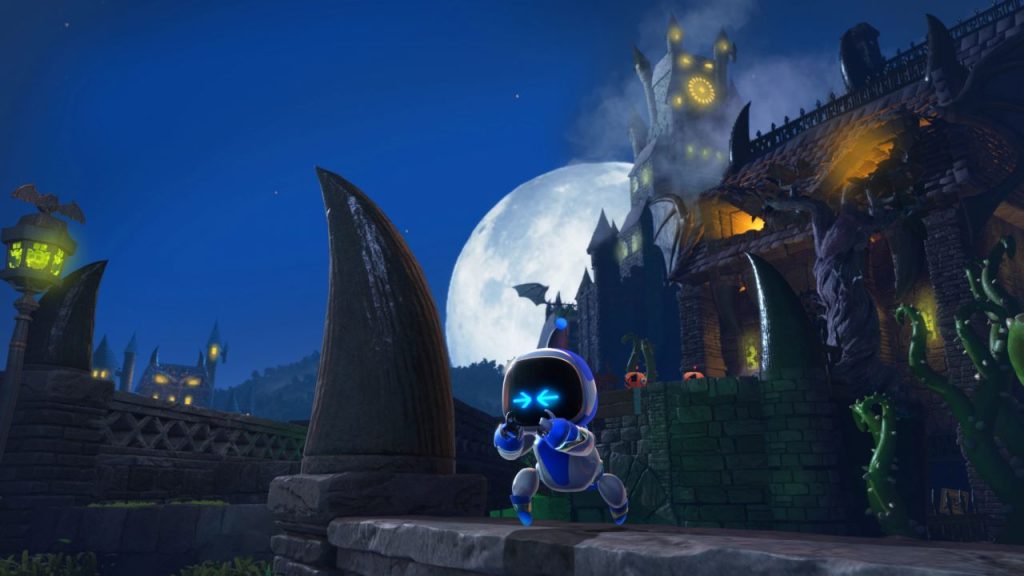
Team Asobi on Their Reactions to Seeing the Astro Bot Reviews
And it shows. Astro Bot is a huge success for Team Asobi, with both Metacritic and Opencritic scores settling at the mid-90s on both media and user scores. It’s a work of passion and love from the team, and that was communicated very well to the players.
As the embargo on Astro Bot reviews lifted, you can just imagine how the team reacted to this great news. Doucet, while surprised, but at the same time was also puzzled as to why it scored the way it did. They wanted to find out why.
“I can tell you. Fifth of September at 9 p.m., that was the embargo for the Astro Bot reviews, and literally at 9 PM, F5, and then it’s just like bang, 57 reviews came together, and it was like 93 at that time. And then it went up, that’s the crazy part. At that point we realized something’s going on, of course, we feel joy but we’re not too sure why. Clearly it means people like it, but it will take weeks to really analyze and figure exactly why.”
“And I think it’s just not the game, it’s also a time in life. We here after five years of misery for the world. The pandemic and all that stuff, the war, the economic crisis, and all these things. At that point, having a bubble of fresh air that is quite innocent in a way. And it was put together with love. We think about the consumer, we think about the player, and we just think how do we make them happy?”
“That’s what video games are all about. They’re supposed to be about us escaping real life. In the end, the team was really delighted. We were having a meeting – I was a home, while some were at the office and at home, we connected together, and we just chatted and laughed and having a drink at the same time. We were sharing any links that we would find on social media. It was a big celebration, and it took time to sink in. It hasn’t really sunk in, honestly.”
“Some video games maybe take themselves a little bit too seriously these days. We were talking about passion before this, and I grew up with the same consoles just like you. That used to be the norm of video games, it would be all about gameplay and quite colorful. I think we grew out of it, and perhaps we’re rekindling that flame.“
“There is maybe a story where a lot of us grew into more mature players, and we’re getting in a time of our lives where we are kind of passing the baton to the next generation, getting a little bit softer, emotionally. It’s a good, thing, right? As a result, these kinds of colorful games suddenly feel closer to heart.”

Astro Bot’s Secret Weapon – The DualSense
Astro Bot, and its previous titles, are perfect example of how good DualSense utilization can translate to a wonderful experience. Astro’s Playroom, a PS5 pre-installed title, is a notable showcase of what the hardware can deliver under the right hands. With this, however, is development time, and Team Asobi are quite the masters at it.
“It’s hard to quantify how long the DualSense features actually took because it was continuously done, with character control and gameplay. As an appendix to that, there will also be haptic feedback and that is valid for every single feature of the game. We’re lucky because we are based in Japan, and the controller team is also based in Japan, and we’ve always been the team that they go to. They come to us for advice, and the hardware team makes those features, but they don’t necessarily have the full experience in mind.”
“The haptic feedback is sound-based. You have the stuff that comes from the speaker which is sound you can hear, and then the sounds that come from the vibration, these are sounds you cannot hear, but they resonate. Sound design has become an important part – sound effects, music, sound that comes from the controller, and sound that you feel in your hands. Our lead gameplay engineer is one of the most knowledgable persons in that field, so the fact that he has the character control while doing the haptics really helps because he understands both worlds really well. So that’s how we took it to the next step.”
Interestingly, Doucet also reveals that some of the DualSense features have been in their back pockets since Astro’s Playroom, waiting for exactly the right moment to use it in a way that didn’t feel forced or tacked on as they experimented on it four to five years ago. Now, they finally brought it out for Astro Bot.
“You know where you repair the console, you have the chainsaw? All that stuff existed five years ago, but in Astro’s Playroom, there was no natural reason for this first-person interaction. We’ve had them in a bag for now. The chainsaw was one of the best tech demos of the DualSense from six years ago, where you cut through ice, light metal, heavy stone, everybody was like ‘wow this is amazing.’
“What’s cool about this kind of iteration is that even if an idea doesn’t make it in because there’s no good fit or maybe the idea has some potential, but it is not quite good. There’s always a hope that it can be used later. We still have them in our bag and we could say that since we still have these functions and they feel really good, so let’s make a game all about this.”

Astro Bot as PlayStation’s Next Mascot?
From a PSVR game to a PS5 tech showcase and now to this universally-acclaimed title, it is clear that Astro is primed for the big time leagues. When asked about mascots and how Team Asobi’s creation can potentially be that breakout star, Doucet shares that this isn’t really something that is designed and has to grow organically with the players.
“When you talk about something like a mascot, I think it’s something that you can’t design, and we shouldn’t design it. It should be something that grows naturally, organically with players. A lot of the mascots we have in mind, from the get go, it was just a hit and then they became a mascot, but I don’t think many were designed as such, and over time when you give people quality experience after quality experience, they’re happy to see this character come back and at a certain point this character becomes part of the background and part of the pop culture. At this point you can say, okay, this is a mascot.”
“Of course we are going to continue with Astro. It’s hard getting a character off the ground. So now we have to make sure we nurture this character, we take care of it, we don’t want to rush it, we want to be surprising the players every time, because they now expect to be surprised with magic every time. So, we have to make sure that we don’t break that promise – the promise about entertainment, the magic, the “toy” aspect, all these things that have become associated with Astro, and next time it needs to be as good or better, right?”

Special thanks to Sony Interactive Entertainment Asia and Nicolas Doucet for the chat about Astro Bot.
Astro Bot is now available exclusively on PS5.

